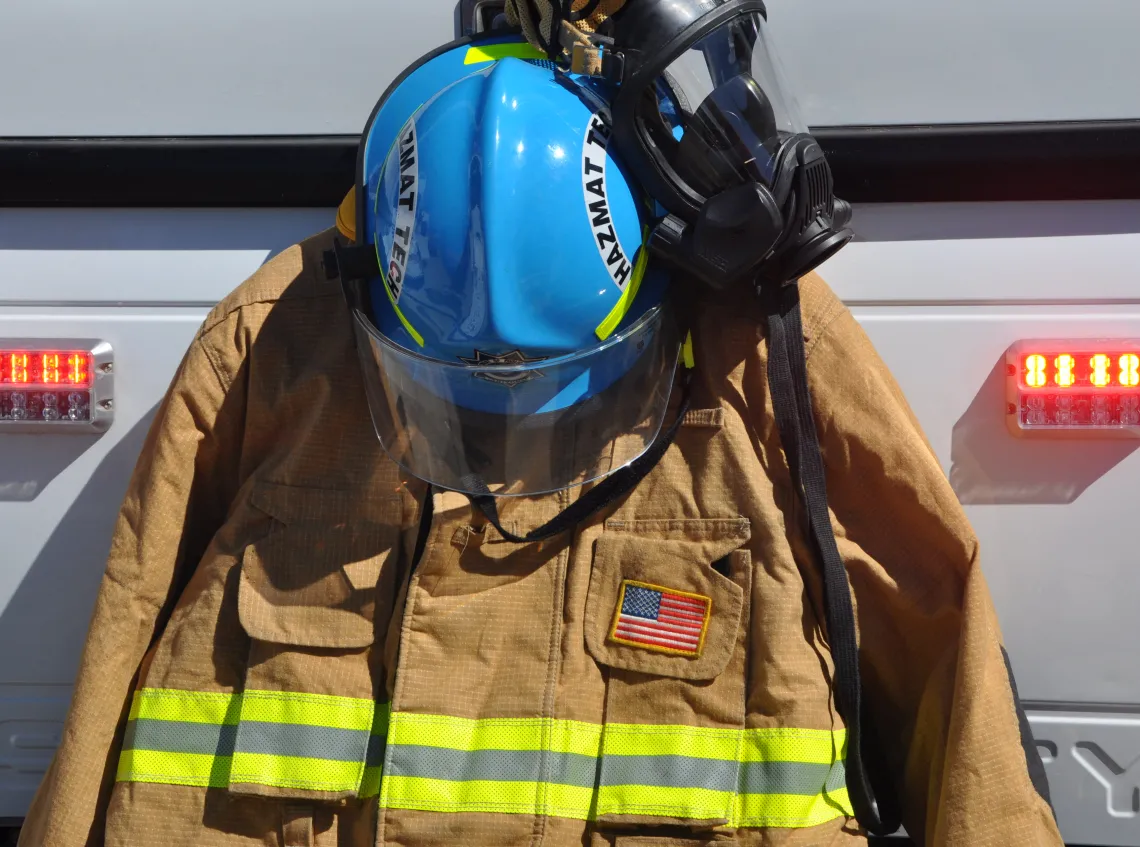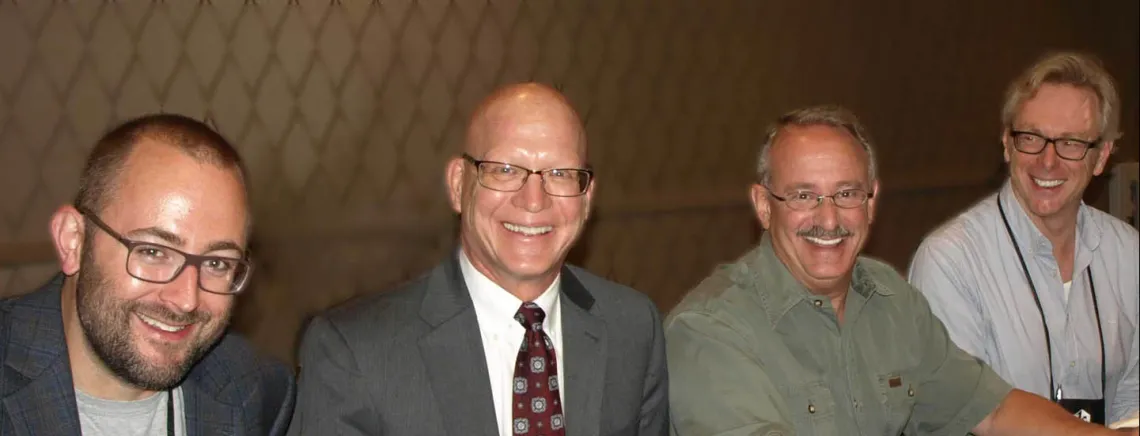Why AHLS?
World-Class Hazmat Training

Experienced Team With Established Program
Since 1999, the Advanced Hazmat Life Support (AHLS) team, including over 825 AHLS Instructors, has trained over 25,000 paramedics, physicians, nurses, pharmacists, and other healthcare professionals from 96 countries and territories to face the clinical challenges of caring for patients exposed to threats, including:
- Hazardous materials
- Dangerous goods
- Chemical spills
- Toxic releases
- Biological agents
- Radiological sources
- Nuclear incidents
- Toxic terrorism

Elite Training
The lives of your patients, your team members, and yourself depend on world-class, continuing, clinical education to manage patients from hazmat incidents and toxic terrorism. Join the elite healthcare professionals from around the world who require AHLS training, including:
- All United States Civil Support Teams
- Select
- Elite military & civilian medics from around the world
- Interdisciplinary healthcare professionals who trained to care for athletes, officials, dignitaries, & attendees at the 2008, 2012, & 2016 Summer Olympics
- Fire departments
- EMS agencies
- Poison Control Centers
- Hospitals
- Public health departments
- Emergency medicine residencies
- Medical & clinical toxicology fellowships

Experts In The Field
Who are some of the AHLS Experts?
- Internationally recognized Clinical Toxicologists
- Interdisciplinary Professors & Faculty from prestigious academic institutions around the world
- Medical Directors & Pharmacy Directors from national & international Poison Control Centers
- Affiliates of the United States Centers for Disease Control & Prevention
- Other Public Health Experts
- EMS Experts, including an EMS State Health Department Chief
- Preparedness Experts, including the Medical Director of the Center for Emergency Preparedness & Disaster Response
- Radiological & Nuclear Incidents & Terrorism Experts
- Regional Directors from around the world who oversee and promote AHLS courses in their regions, ensuring consistently high-quality training
